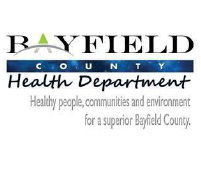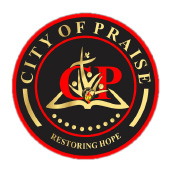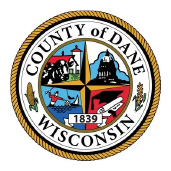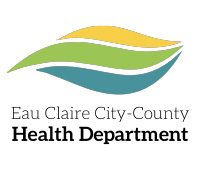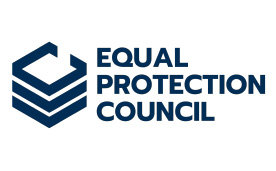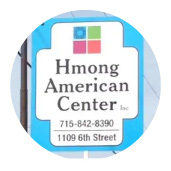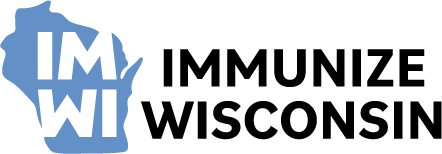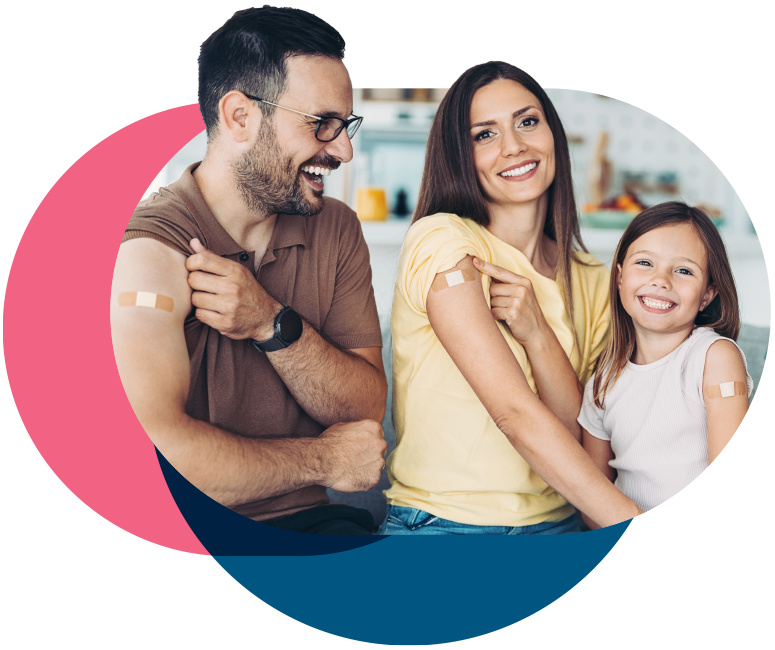
Immunize Wisconsin
Grant Program
Supporting Immunization
Efforts Throughout Wisconsin
Funding Vaccine Projects,
Programs, & Initiatives
that significantly advance education and immunization accessibility for the residents of Wisconsin
The 2025 grant cycle will award projects, programs, and initiatives that increase education and vaccine uptake for people living in Wisconsin. Priority areas for funding include, but are not limited to:
- Respiratory viruses: Efforts to increase vaccination for respiratory viruses including COVID-19, RSV, and influenza among adults.
- Traditionally underserved communities: Efforts to increase vaccination for communities and groups that have been traditionally under-resourced, including but not limited to the uninsured, non-English speakers, rural communities, Tribal communities, racial and ethnic minorities, and other minoritized groups.
- Underserved geographic locations: Communities across Wisconsin that have not received prior funding from Immunize Wisconsin or the Routine Immunizations through Community Engagement (RICE) grants, counties in central and northern Wisconsin.
- Vaccine hesitation and medical mistrust: Efforts that aim to promote confidence in vaccines, build trust with communities, support community-medical system partnerships, and address medical mistrust.
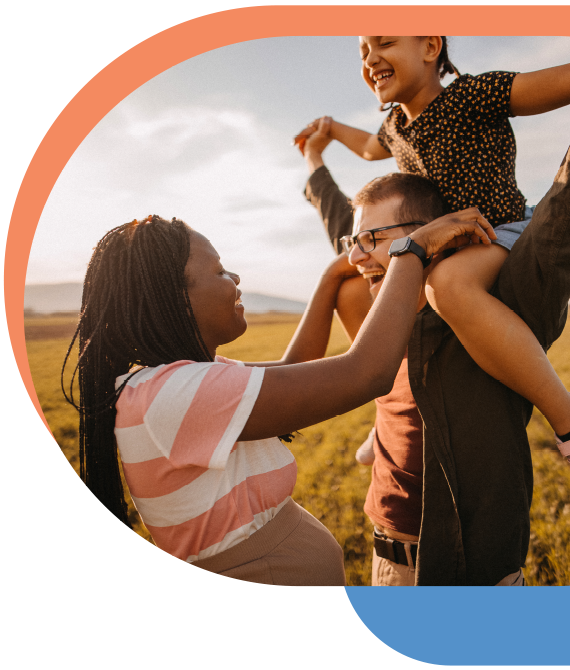

Ensuring Effective Stewardship
of Grant Funds
Maintaining the Integrity & Transparency of Our Grant Program
The 2025 grant cycle includes a series of parameters to ensure grant funds are distributed to projects and programs that would have an immediate and measurable impact on our communities. Immunize Wisconsin will not fund the following projects:
- RICE grantees: Current groups receiving RICE funding from the Wisconsin Department of Health Services
- Capital Campaigns: Projects aimed at long-term financial goals or significant asset acquisitions.
- Financial Reserves: Initiatives designed to establish endowments or other reserve funds.
- Individual Financial Support: Funding requests for individual donations, scholarships, or sponsorships.
- Political Agendas: Projects with a primary focus on political campaigns or lobbying efforts.
- Vaccine Purchase: Projects that mainly seek funds for purchasing vaccines.
Applicant Eligibility Criteria
Proposals must meet all four criteria below to be considered for a grant:

Criteria 1
Must serve Wisconsin communities

Criteria 2
Must be a Wisconsin-based organization or group

Criteria 3
Only one grant application per organization/fiscal agent

Criteria 4
Organization has not previously been funded by Immunize Wisconsin’s grant program and may not be a current RICE grantee
2023/2024 IMWI Grant Cohort
Meet the second cohort of incredible organizations to earn a grant from Immunize Wisconsin! These groups are shifting the vaccination landscape and helping drive equitable and far access to needed immunizations through innovative programming. Congratulations to these amazing organizations:
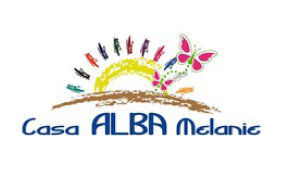
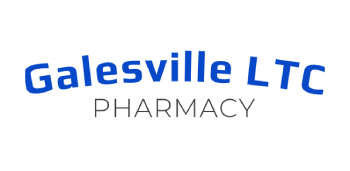
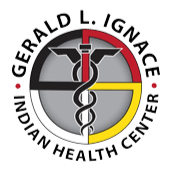
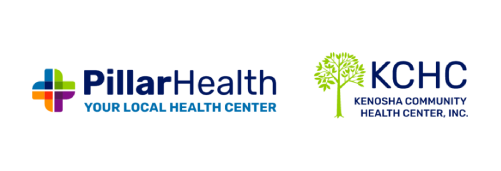
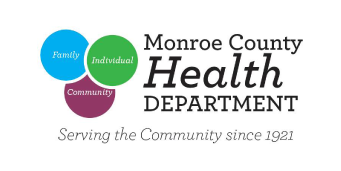
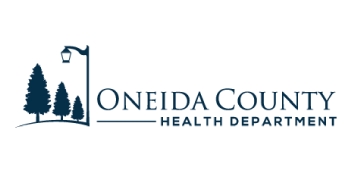
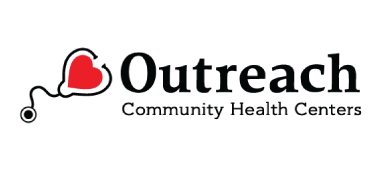
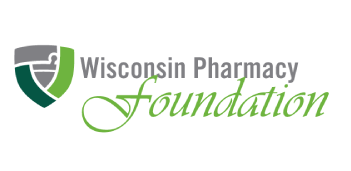
2022/2023 IMWI Grant Cohort
Meet the recipients of our inaugural grant cycle! These remarkable organizations were selected as grantees and partners, joining IMWI in our shared mission to enhance public health and elevate vaccination rates across Wisconsin. We extend our heartfelt congratulations to the following esteemed organizations:
